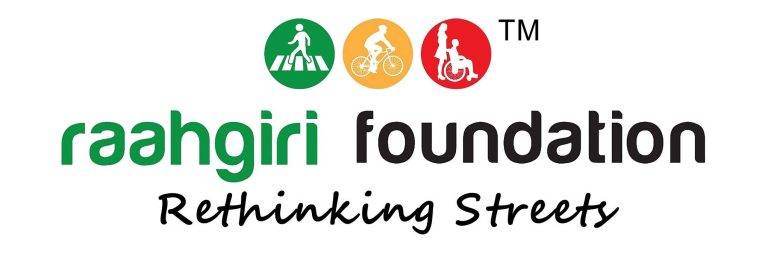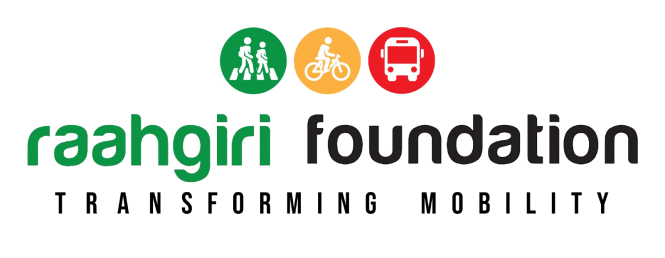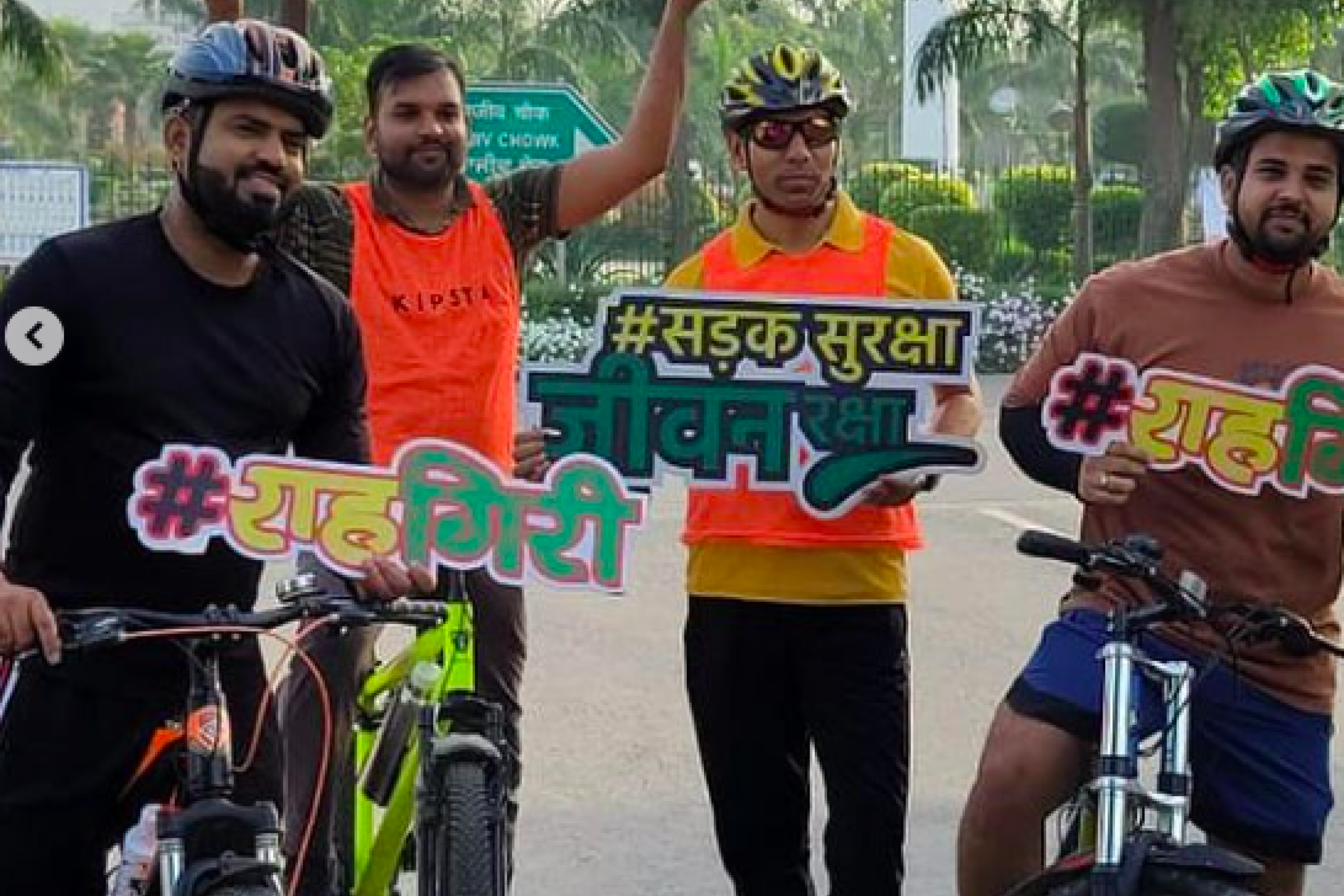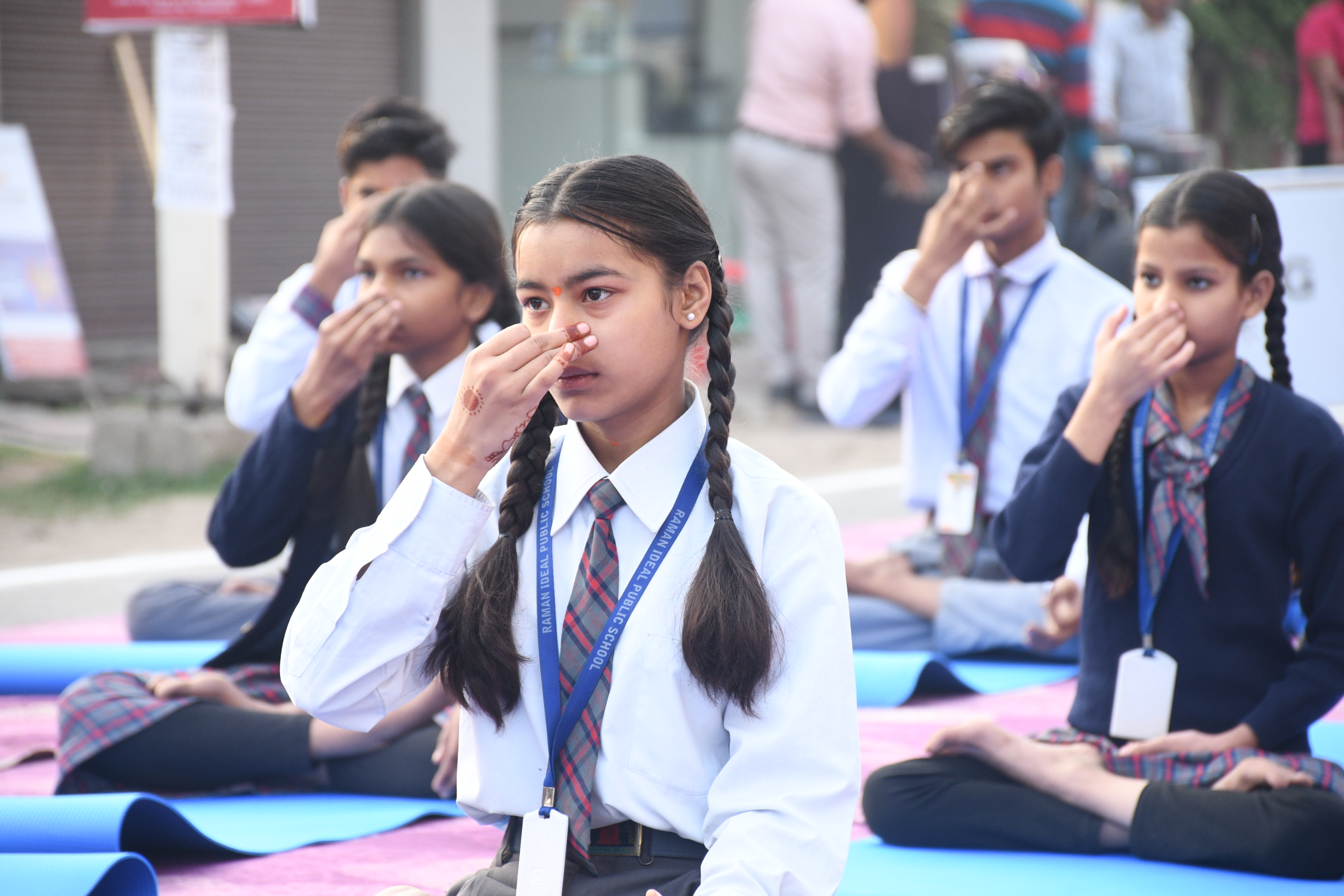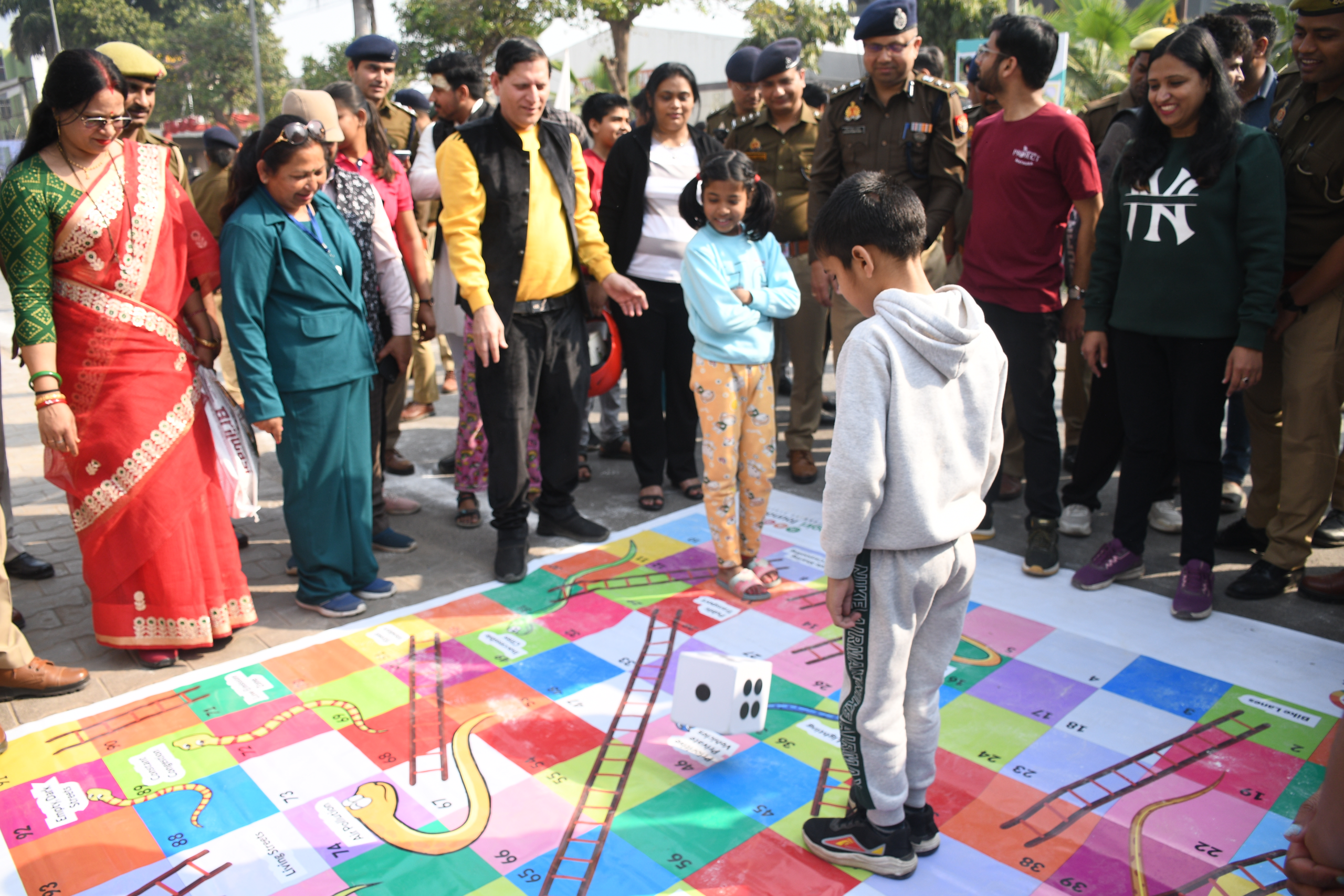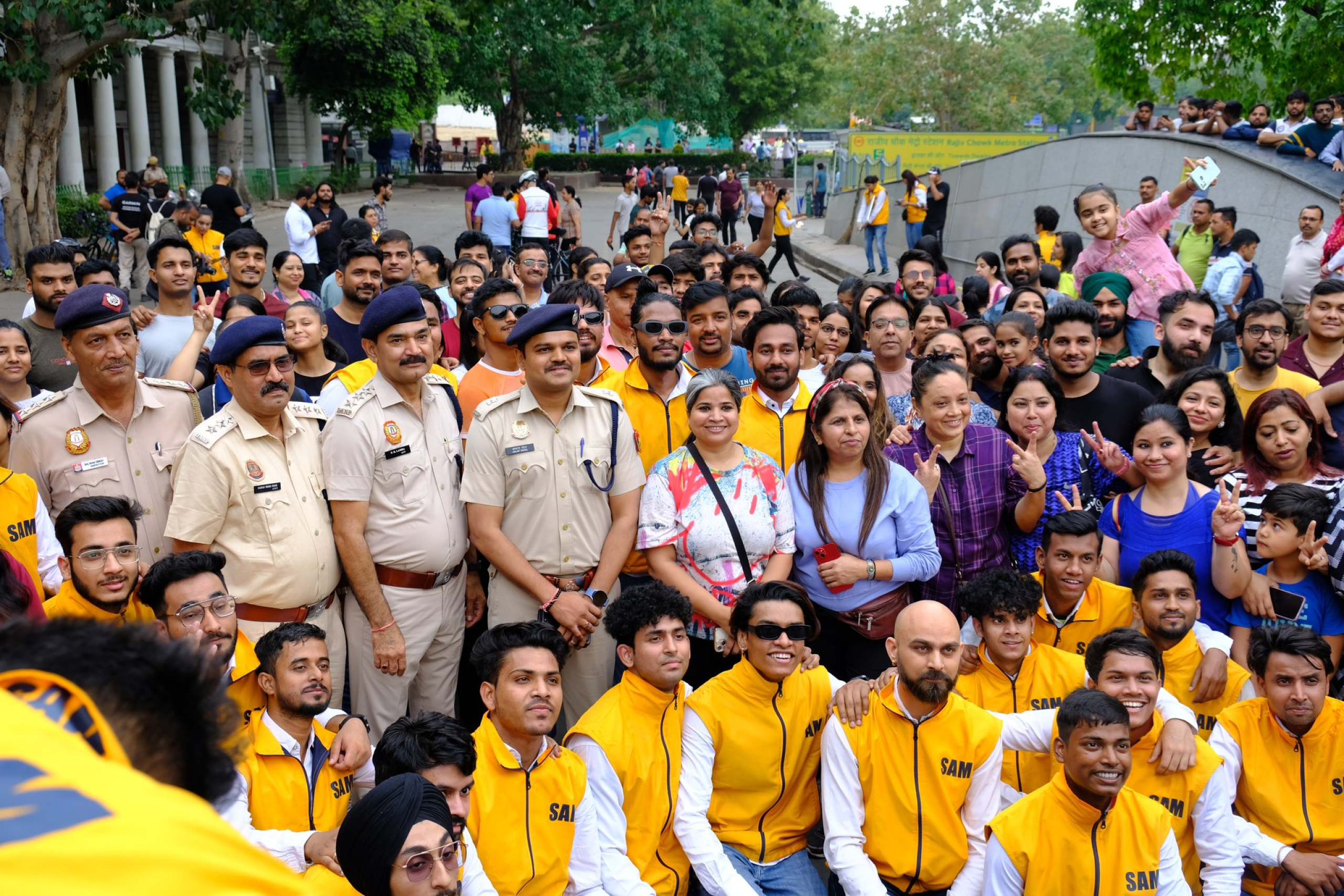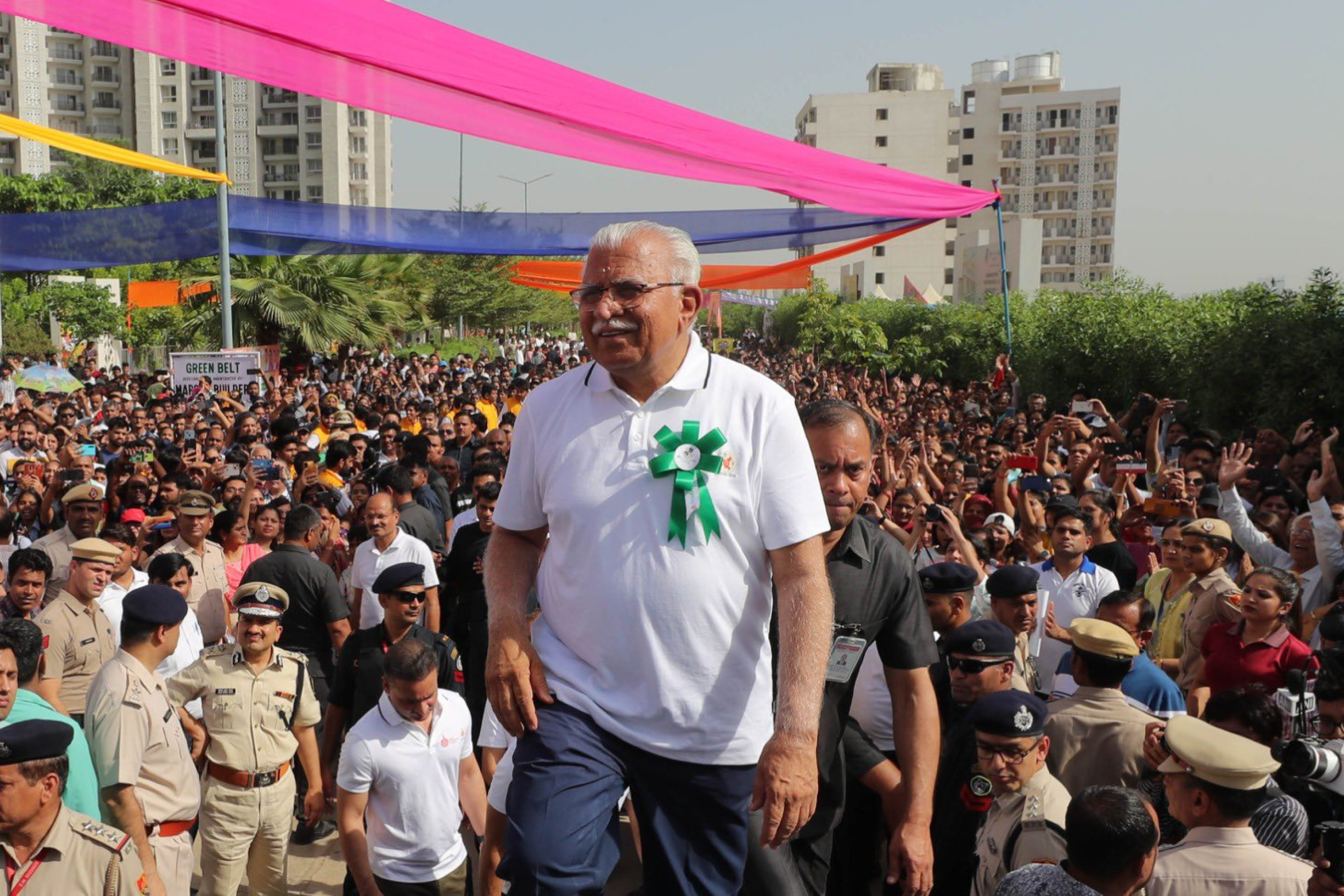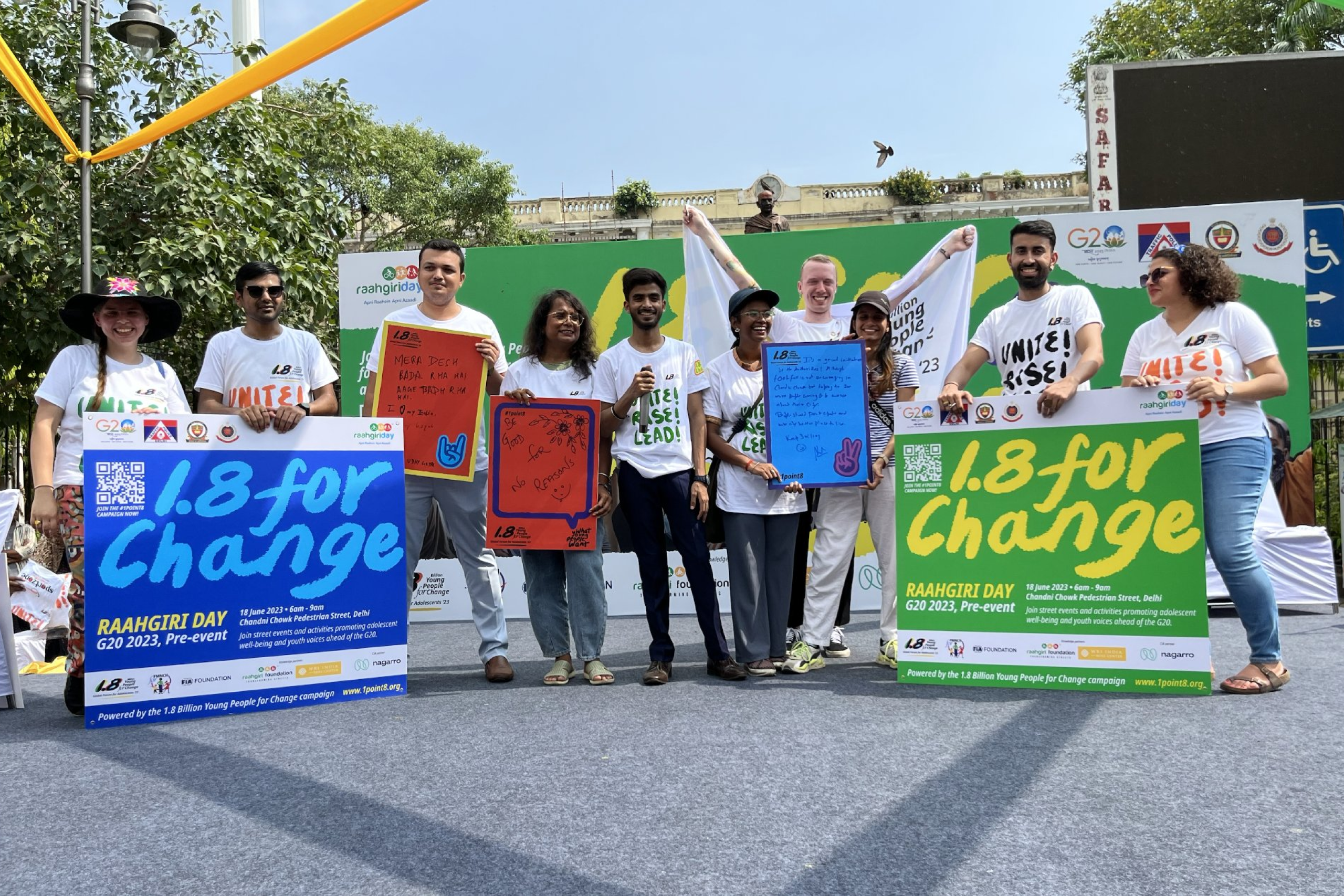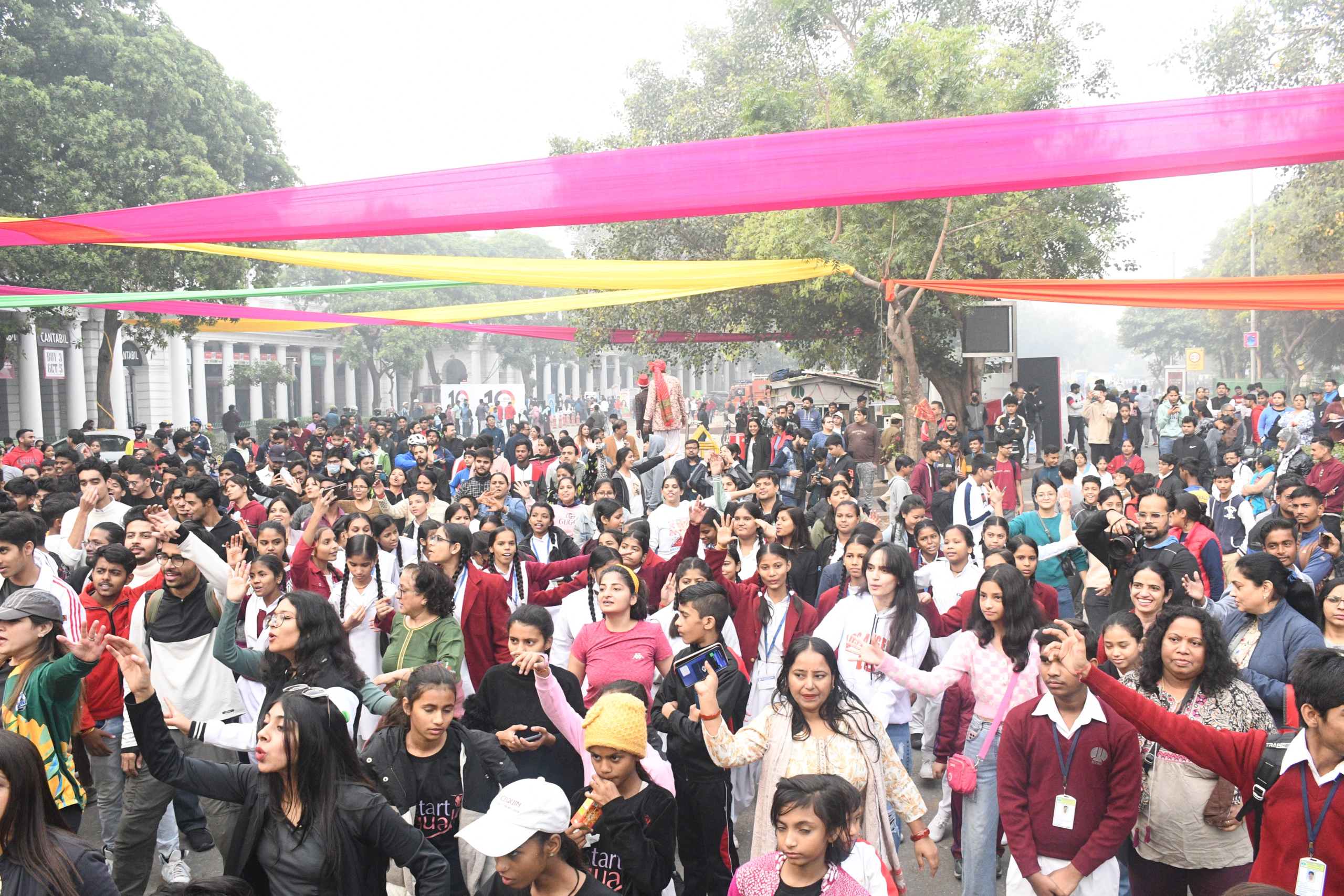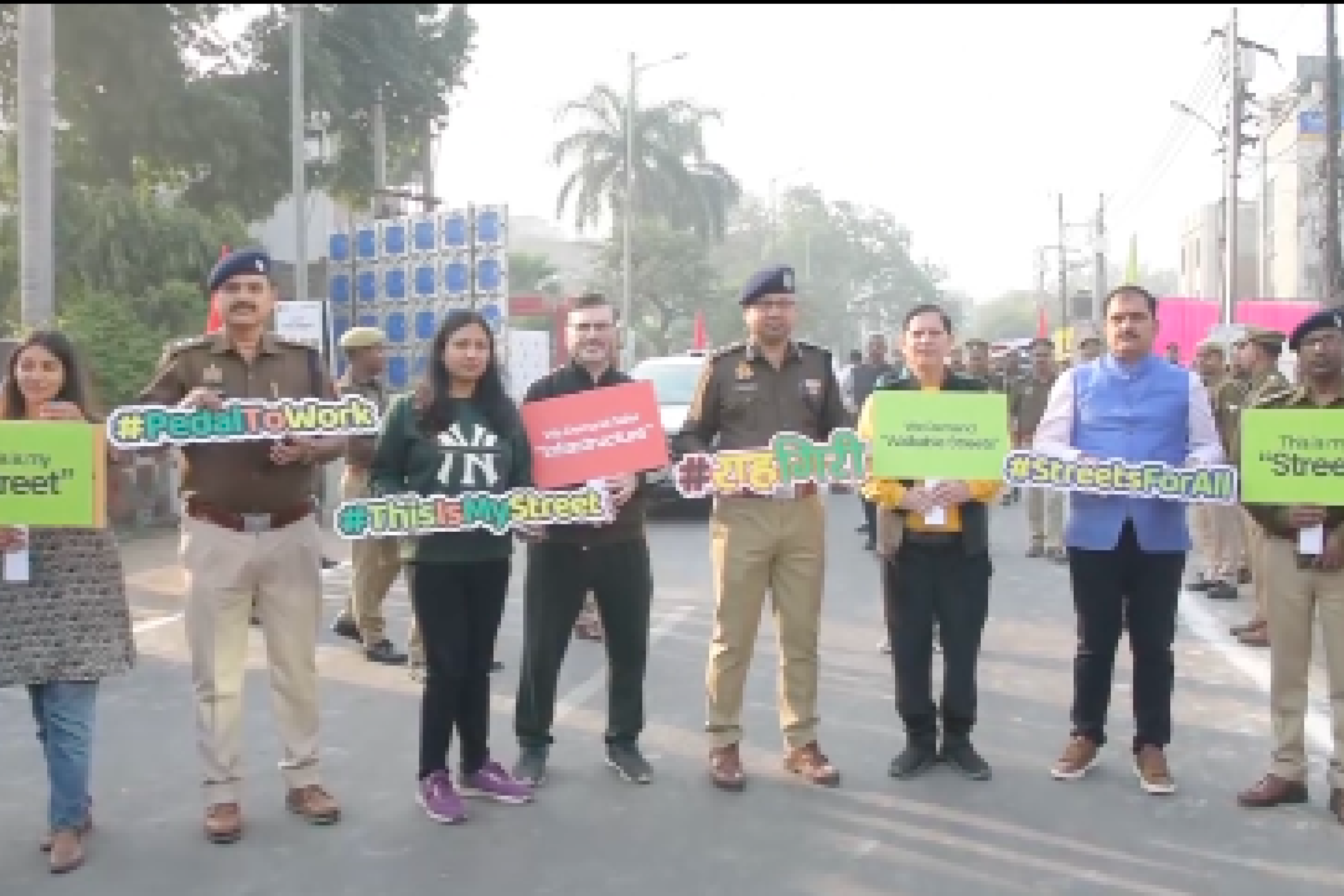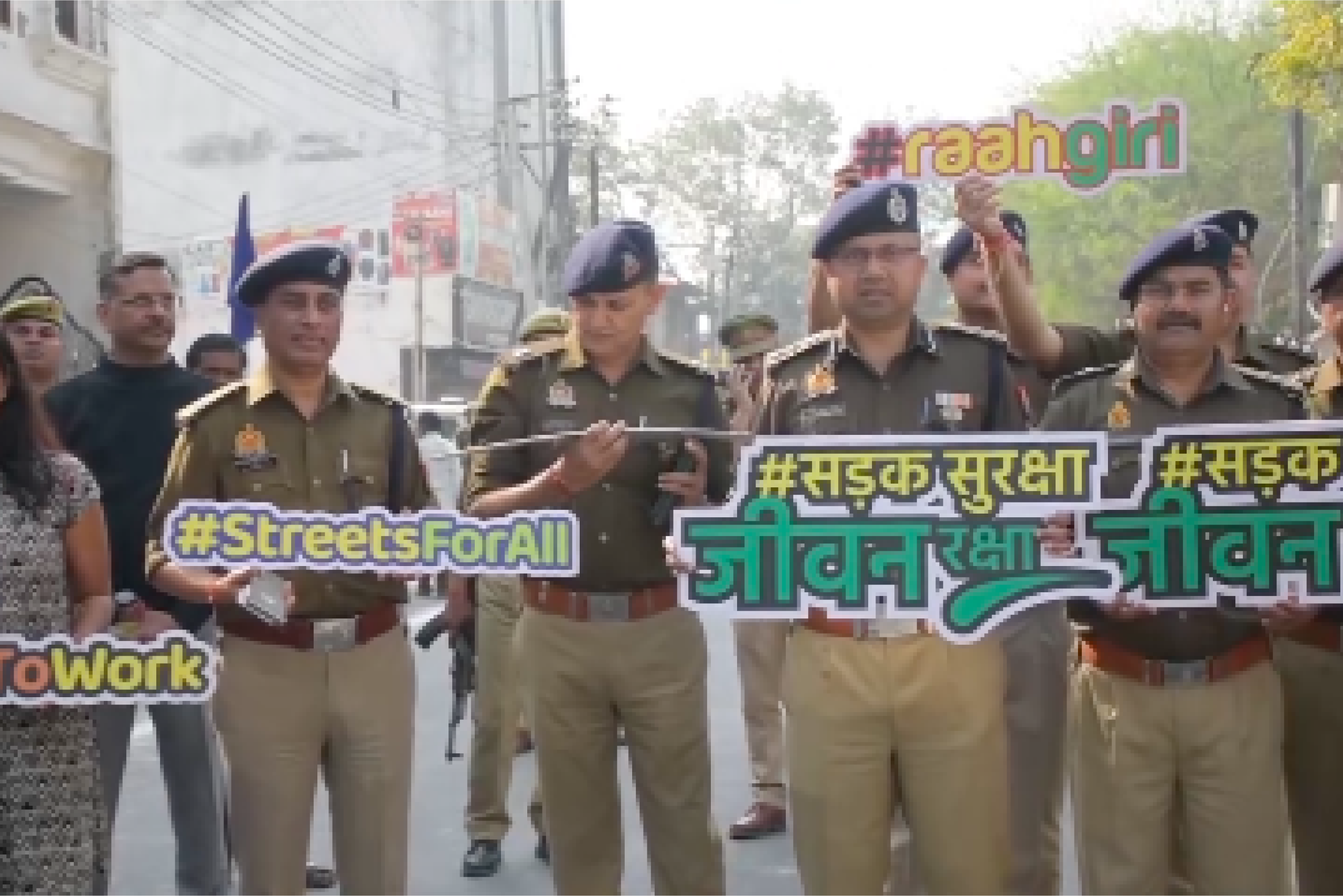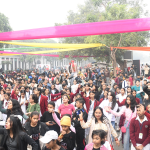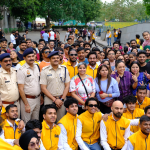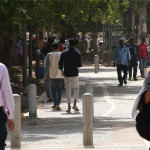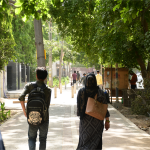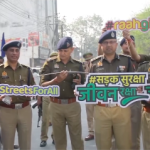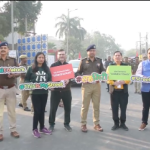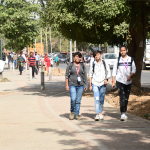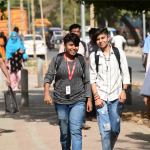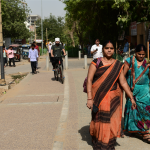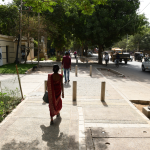Raahgiri Day stands for sustainable urban living in India, pioneering the country’s first sustained car-free citizen initiative. Launched in Gurugram in 2013, this revolutionary movement has swept across the nation, transforming bustling city streets into vibrant community spaces every Sunday morning.
Imagine city roads free from the usual cacophony of engines and horns, instead filled with the joyous sounds of people walking, cycling, and engaging in community activities.
This is the essence of Raahgiri Day. For 4-5 hours each Sunday, designated street sections in participating cities become car-free zones, encouraging residents to experience their urban environment in a whole new way. Raahgiri Day provides an opportunity to reimagine the street while creating a platform for citizen engagement and community building.
From its origins in the National Capital Region, Raahgiri Day has blossomed into a nationwide phenomenon, touching lives in 100 Indian cities and attracting over 14 million footfalls. Its impact has not gone unnoticed – the initiative has been recognized by the Earth Day Network as one of the 24 most inspiring stories for “Pathways to Green Cities” and documented by the Ministry of Urban Development as a best practice in urban transportation.
Raahgiri Day works to highlight the importance of tactical urbanism which improves the city by making citizens an active part of creating the city. Allowing people to experimentally reimagine their streets as vehicle and congestion-free leads the citizenry to demand such changes – open, safe, and inclusive streets.
Raahgiri Day in Delhi
We’re proud to collaborate with esteemed organizations like WRI India and government agencies such as the Gurugram Metropolitan Development Authority. These partnerships allow us to expand our reach and impact, sharing best practices and learning from experts in the field of sustainable urban development.
Raahgiri Day in Uttar Pradesh
Our innovative workshops and “walk-shops” bring together city officials, young children, senior citizens, and key stakeholders to foster a deeper understanding of urban mobility challenges. These hands-on sessions provide a unique platform for participants to experience firsthand the conditions of public infrastructure, document observations, analyze issues, and collaboratively develop people-friendly solutions at the neighbourhood level.
